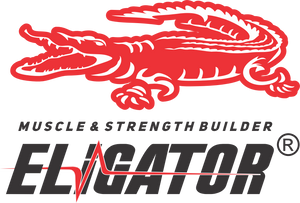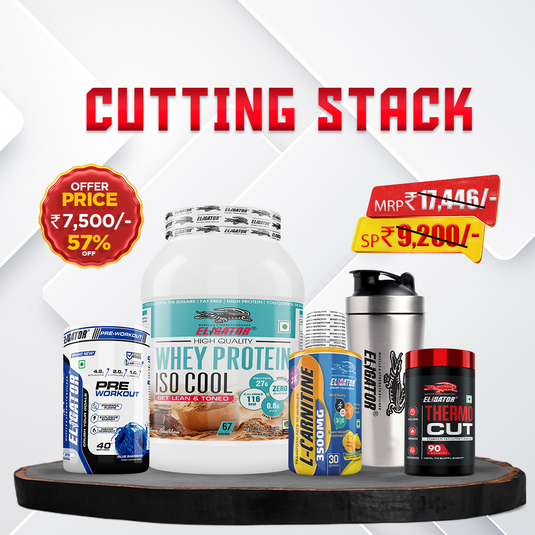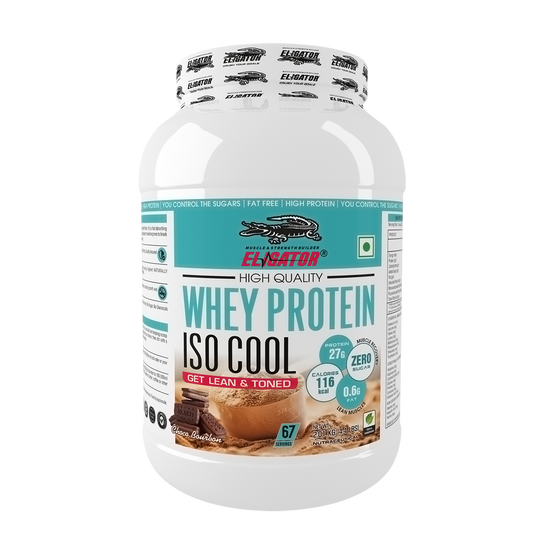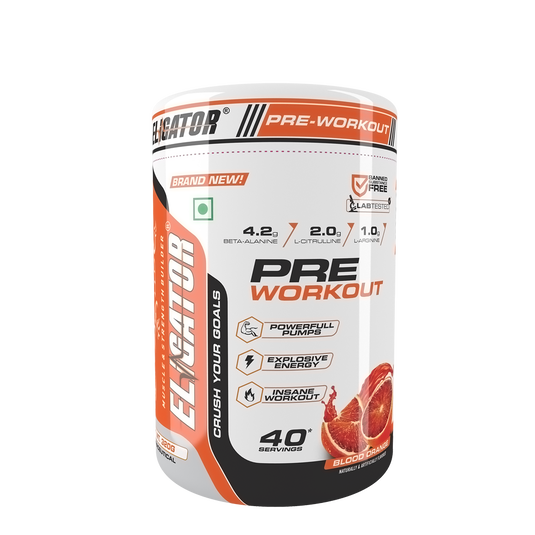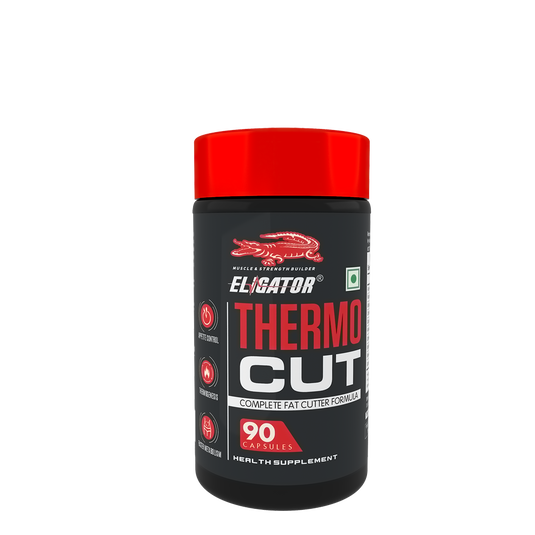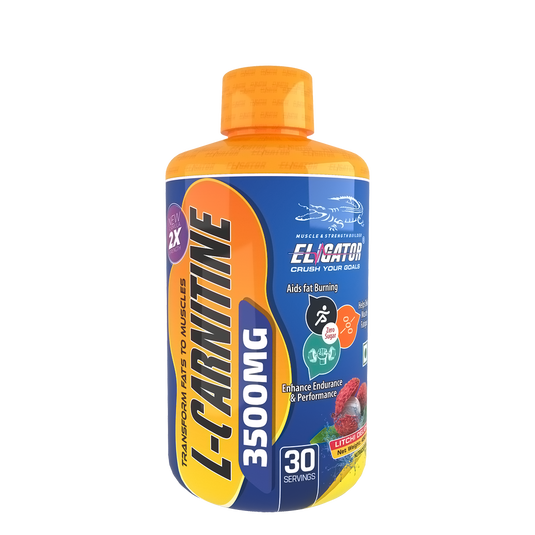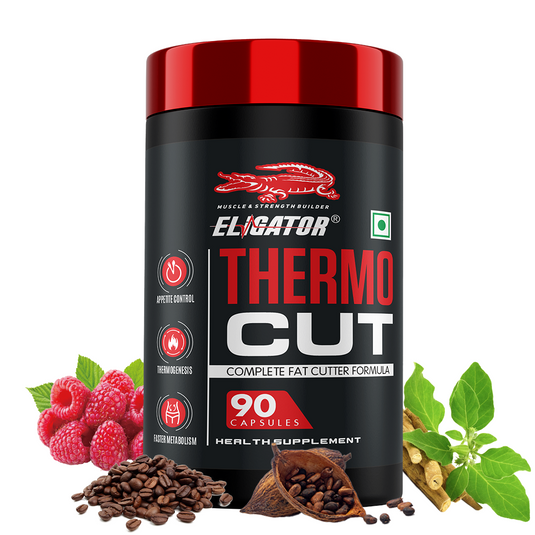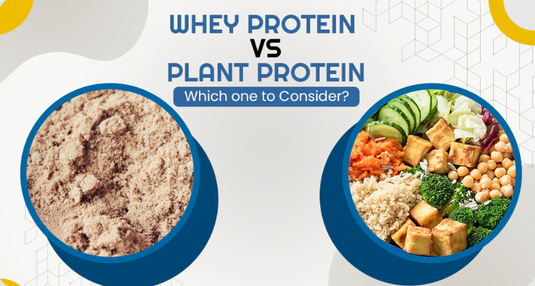Introduction
In the world of bodybuilding, proteins and amino acids are hailed as the ultimate game-changers. But are we being told the whole truth? Is there a dark side to these essential nutrients that the industry doesn’t want you to know about? This blog will uncover the hidden truths about proteins and amino acids, their critical role in bodybuilding, and why you might not be getting what you think you are.
The Illusion of Proteins
For years, bodybuilders and fitness enthusiasts have been bombarded with advertisements and endorsements promoting protein supplements as the holy grail of muscle building. But what if we told you that not all protein supplements are created equal? Some brands use subpar ingredients, fillers, and even harmful additives that can do more harm than good.
Subpar Ingredients and Fillers:
Many protein supplements on the market are filled with cheap fillers and low-quality ingredients. These fillers can dilute the actual protein content, reducing the supplement's effectiveness. Instead of getting the pure protein your muscles need, you might be consuming unnecessary sugars, artificial flavors, and other additives that do nothing for your muscle growth.
Harmful Additives:
Even more alarming is the presence of harmful additives in some protein supplements. These can include artificial sweeteners like aspartame, which has been linked to various health issues, or synthetic colorings that offer no nutritional benefits and may pose risks to your health. These additives can lead to digestive issues, allergic reactions, and even long-term health problems.
Misleading Marketing:
Protein supplement companies often engage in misleading marketing tactics. Labels that boast about high protein content might not tell the whole story. For instance, a product labeled as having 25 grams of protein per serving might contain only a small percentage of high-quality protein, with the rest being low-quality fillers. This can leave consumers under the impression that they are getting more value than they actually are.
The Dark Side of Amino Acids
Amino acids, the building blocks of protein, are essential for muscle repair and growth. However, many supplements claiming to be rich in amino acids often contain synthetic versions or imbalanced ratios that can disrupt your body’s natural processes. This can lead to various health issues, including hormonal imbalances and digestive problems.
Synthetic Amino Acids:
Some supplements use synthetic amino acids, which are cheaper to produce but not as effective as natural sources. Synthetic amino acids can be harder for the body to process and might not be absorbed as efficiently. This can lead to inadequate muscle recovery and growth, as your body struggles to make use of these artificial nutrients.
Imbalanced Ratios:
The balance of amino acids in your supplement is crucial. Some products might have high levels of certain amino acids but lack others, leading to imbalances in your body. This can interfere with protein synthesis and muscle repair, ultimately hindering your progress. Additionally, excessive intake of certain amino acids can put stress on your kidneys and liver, leading to long-term health complications.
Health Risks:
Imbalanced amino acid intake can also disrupt your hormonal balance. Amino acids like tryptophan and tyrosine are precursors to important neurotransmitters and hormones. An imbalance can lead to mood swings, anxiety, and even depression. Moreover, poor-quality amino acid supplements can cause digestive problems, including bloating, gas, and diarrhea, which can further impede your training and recovery.
The Truth Behind Labels
How often do you scrutinize the labels of your protein and amino acid supplements? Many companies exploit technical jargon and misleading information to make their products appear more effective than they are. Terms like "proprietary blend" often hide the fact that the product contains minimal effective ingredients mixed with cheap fillers.
Understanding Labels:
Reading supplement labels is crucial for making informed choices. Many products list a "proprietary blend," which sounds impressive but often conceals the true composition. This blend can be a mix of various ingredients, with only a small portion being the actual protein or amino acids you need. Always look for transparent labeling that lists each ingredient and its exact amount.
Ingredient Transparency:
Companies that are confident in their product's quality will provide clear and detailed information about their ingredients. They will specify the source of their protein (e.g., whey, casein, plant-based) and the exact amino acid profile. This transparency allows you to assess the product's quality and determine if it meets your nutritional needs.
Certifications and Testing:
Look for supplements that have been tested by third-party organizations for purity and potency. Certifications from reputable bodies like NSF International or Informed-Sport ensure that the product has been independently verified and is free from harmful substances. This can give you peace of mind knowing that you are consuming a safe and effective supplement.
The Importance of Quality
Quality matters more than you think. Pure, high-quality proteins and amino acids can significantly enhance your bodybuilding efforts, while poor-quality products can sabotage your progress. It’s crucial to choose supplements that are transparent about their ingredients and backed by genuine certifications.
Pure Protein Sources:
High-quality protein supplements use pure protein sources without unnecessary additives. Look for products that list whey protein isolate, micellar casein, or plant-based proteins like pea or hemp as their main ingredients. These sources provide a complete amino acid profile and are easily digestible, ensuring that your muscles get the nutrients they need.
Amino Acid Purity:
When it comes to amino acids, purity is key. Choose supplements that use natural, fermented amino acids, as they are more bioavailable and easier for the body to absorb. Avoid products that contain artificial amino acids or excessive fillers. A high-quality amino acid supplement should provide a balanced profile of essential and non-essential amino acids to support muscle repair and growth.
Backed by Science:
Trustworthy supplements are often backed by scientific research and clinical studies. Look for products that have been tested for efficacy and safety. This research ensures that the supplement delivers on its promises and helps you achieve your bodybuilding goals without compromising your health.
Conclusion
The world of bodybuilding supplements is fraught with deception and misinformation. To truly benefit from proteins and amino acids, you must be vigilant and informed. Don’t be swayed by flashy marketing and dubious claims. Choose products that prioritize your health and safety, and remember, your body deserves the best.




Receive the Blog via Email Daily
Please fill out the form below and we’ll get back to you within 24 hours.

